Autor: bygadmin
-
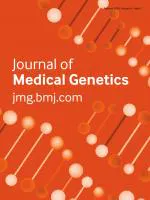
Whole-exome sequencing reveals causative genetic variants for several overgrowth syndromes in molecularly negative Beckwith-Wiedemann spectrum
Background Beckwith-Wiedemann syndrome (BWS) is an imprinting disorder caused by (epi)genetic alterations at 11p15. Because approximately 20% of patients test negative via molecular testing of peripheral blood leukocytes, the concept of Beckwith-Wiedem…
-

Researchers trace a form of lupus back to a single mutation
Sometimes a single mutation in our genetic make-up is enough to cause disease. This is also the case with the autoimmune disease lupus. Lupus causes severe inflammation throughout the body and can have a serious impact on the lives of those affected. Researchers at the Max Planck Institute for Infection Biology in Berlin have now…
-
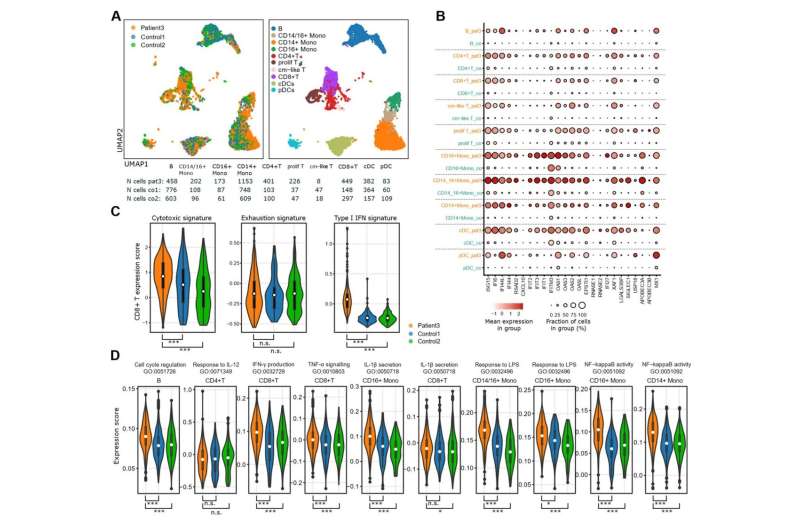
New genetic findings offer therapeutic approaches for incurable autoimmune disease SLE
Systemic lupus erythematosus (SLE) is an autoimmune disease, in which the immune system that normally protects the body from invading microbes, turns against the body’s own cells. This autoimmune attack can affect any organ and patients commonly develop skin rashes, joint inflammation, blood clots, kidney failure, heart disease, fatigue and psychiatric problems. To date, there…
-

Newly identified genes for depression may lead to new treatments
More than 200 genes linked to depression have been newly identified in a worldwide study led by UCL researchers. The research, published in Nature Genetics, found more than 50 new genetic loci (a locus is a specific position on a chromosome) and 205 novel genes that are associated with depression in the first large-scale global study of the…
-

Ancient DNA reveals reason for high multiple sclerosis and Alzheimer’s rates in Europe
Researchers have created the world’s largest ancient human gene bank by analyzing the bones and teeth of almost 5,000 humans who lived across western Europe and Asia up to 34,000 years ago. By sequencing ancient human DNA and comparing it to modern-day samples, the international team of experts mapped the historical spread of genes—and diseases—over…
-

This One Microglia Mutation Could Triple Your Alzheimer’s Risk – Here’s Why
A new study finds that microglia with mutant TREM2 protein reduce brain circuit connections, promote inflammation, and contribute to Alzheimer’s pathology in other ways. A rare but potent genetic mutation that alters a protein in the brain’s immune cells, known as microglia, can give people as much as a threefold greater risk of developing Alzheimer’s disease. A…
-
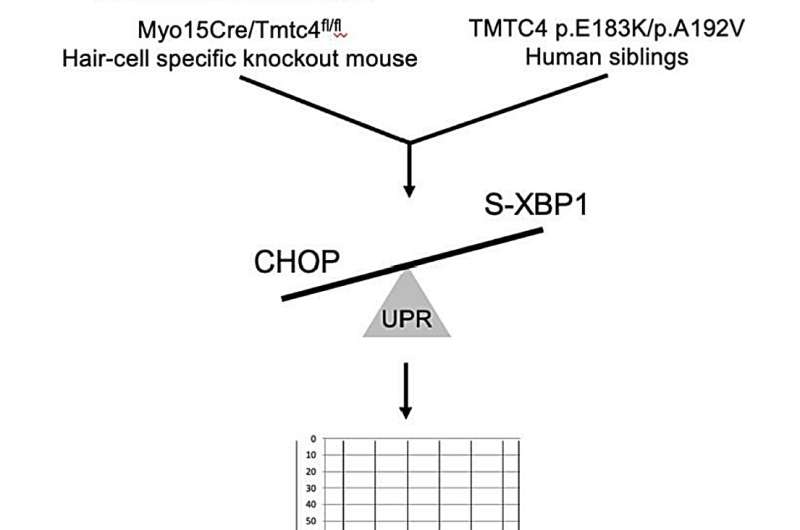
Research discovers gene that links deafness to inner ear cell death
Researchers have found a gene that links deafness to cell death in the inner ear in humans—creating new opportunities for averting hearing loss. A person’s hearing can be damaged by loud noise, aging and even certain medications, with little recourse beyond a hearing aid or cochlear implant. But now, UCSF scientists have achieved a breakthrough in understanding…
-

Iron and risk of dementia: Mendelian randomisation analysis in UK Biobank
BackgroundBrain iron deposition is common in dementia, but whether serum iron is a causal risk factor is unknown. We aimed to determine whether genetic predisposition to higher serum iron status biomarkers increased risk of dementia and atrophy of grey…
-
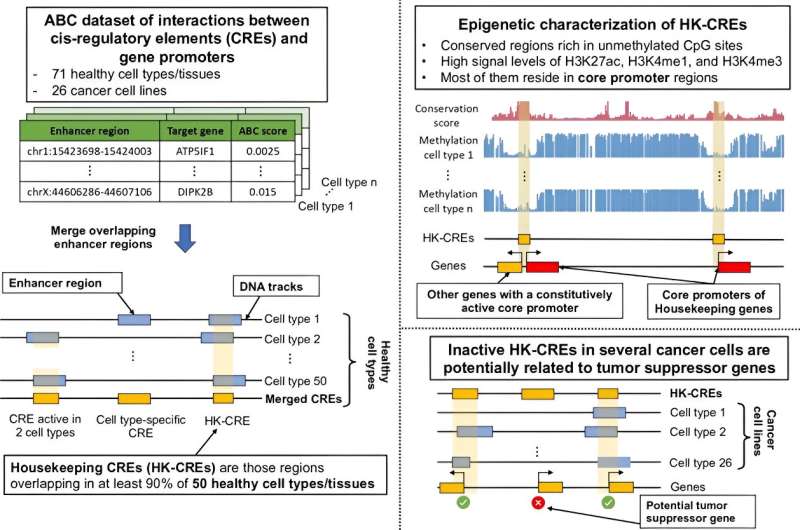
Study reveals crucial ‘housekeeping’ genetic elements and their potential to fight cancer
Technological advancements have enabled scientists to comprehensively explore genetic control elements, unraveling the complexities of gene activation mechanisms in our genetic code. New evidence challenges the simplistic view that cis-regulatory elements (CREs) are mere on/off switches for genes, emphasizing their ability to exhibit complex behaviors, such as the simultaneous enhancement of gene activity and initiation…
-
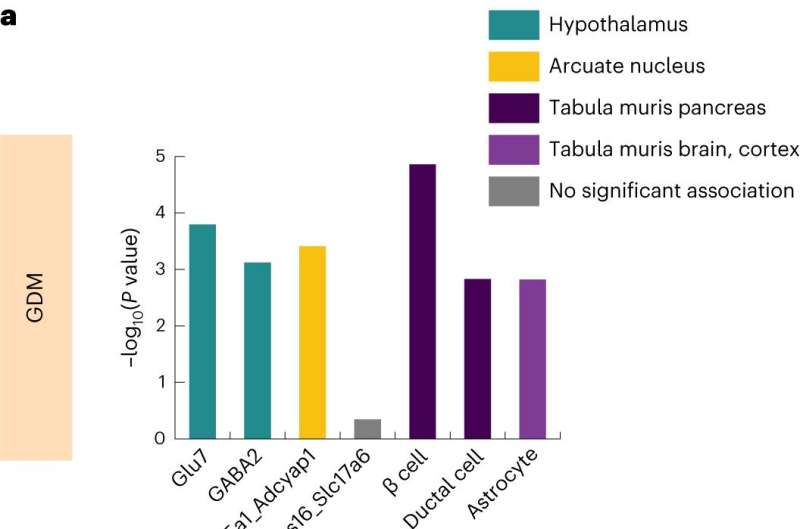
A leap forward in women’s health: Unlocking genetic clues to gestational diabetes
A new study led by researchers from the University of Helsinki, along with colleagues at the Massachusetts General Hospital and Broad Institute of Harvard and MIT, provides significant breakthroughs in our understanding of the genetics behind gestational diabetes. Gestational diabetes is a common pregnancy disorder annually affecting more than 16 million pregnancies worldwide, with substantial health implications…
